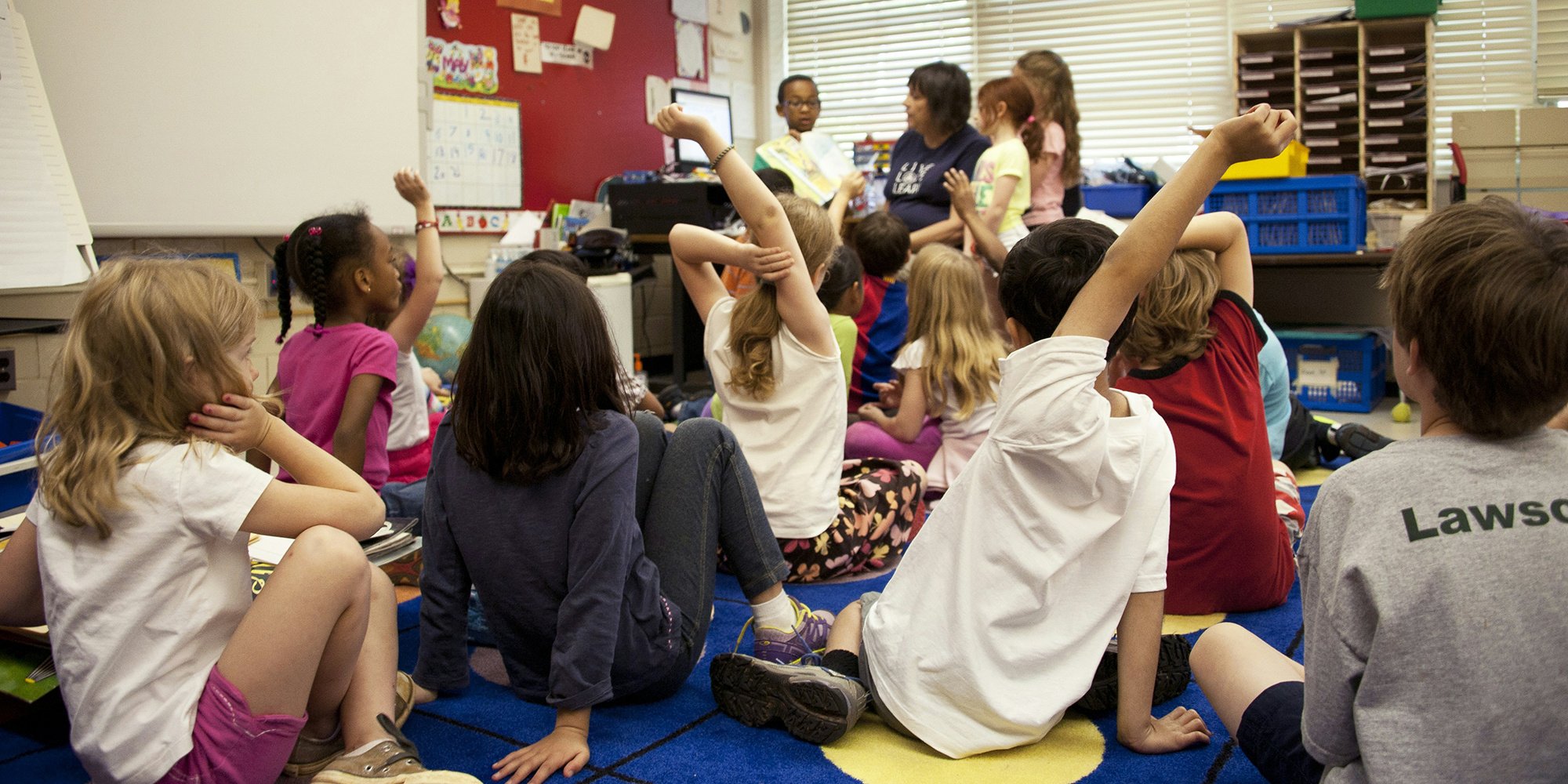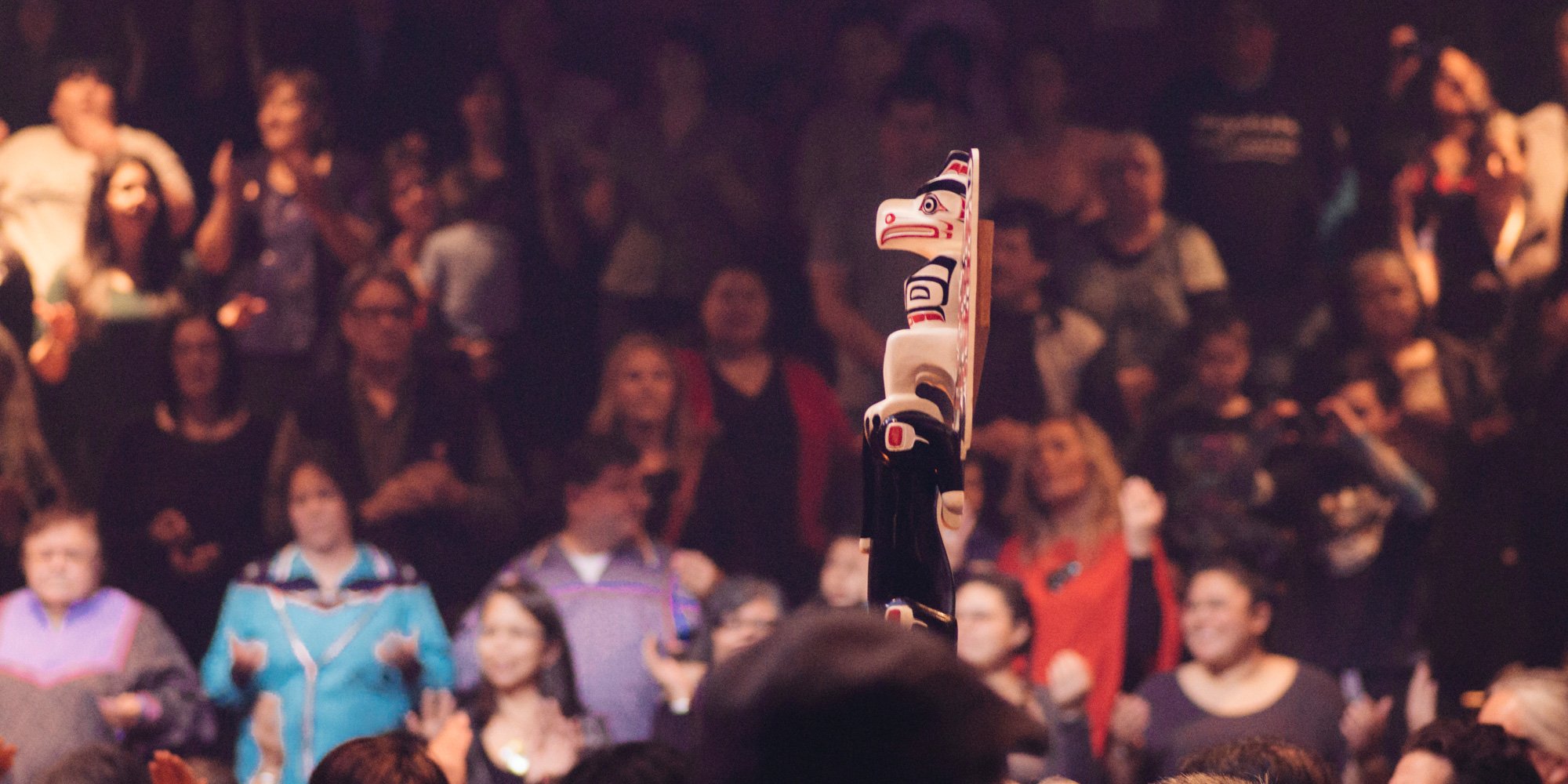First Nation Talking Stick Protocol
The Talking stick, used in many Indigenous cultures, is an ancient and powerful “communication tool” that ensures a code of conduct of respect during...

Restorative Practice Circles are based upon the First Nations tradition of Talking Circles. First Nations, Metis & Inuit cultures are built upon oral traditions, therefore Talking Circles have been important ways to maintain and pass down important cultural teachings.
Restorative Practice is a form of justice, where in the classroom, it could be comprised of the person or people who hurt someone else, the person or people who were hurt, and anyone else involved in the incident. Rather than merely punish the wrongdoer, or engage in assertive discipline, everyone has a turn to speak, and it facilitates a deeper understanding of the hurt or incident, what happened, and greater satisfaction among all people in the circle. It incorporates some of the benefits of Talking Circles, in a way that promotes a holistic form of justice.
Restorative Circles provide many benefits including:
The Restorative Circles also work on much deeper levels as well. They provide excellent strategies for incorporating Cognitive, Developmental, Social, and Emotional benefits into the classroom including:
The use of Restorative Circles also serves as a great organizational tool or framework that can help Educators with decision-making, lesson planning, accommodation of individual learning differences and embedding assessment strategies into the curriculum.
Considerations for Restorative Practice Circles:
Teachers need to be cognizant of the skills necessary to effectively manage Restorative Practice Circles. These circles have the ability to be very therapeutic in nature as well, and Educators need to know effective ways of managing the content being shared. Such skills may include, the ability to provide explicit feedback, positive reinforcement, effective acknowledgement of all participants, ensuring consistency, good modelling skills, positive feedback, and allowing for adequate ‘Pause Times’ between responses and sharing.
The use of Talking Circles in education provides many benefits to students, not just academically, but also socially and emotionally. But let us not dismiss the importance of Restorative Circles as well as important ways to honour the Cultures of our First Nations, Metis, and Inuit peoples in our Schools and Communities.
By Deborah McCallum
Featured photo: Unsplash

The Talking stick, used in many Indigenous cultures, is an ancient and powerful “communication tool” that ensures a code of conduct of respect during...

Michelle Shepherd-Wotton: Engaging First Nation Students through Compassion and Innovation On the Sandy Lake First Nation reserve, in northwestern...

Lyle Viereck was born and raised in Prince Rupert in northern BC. His family heritage includes Creek Indians from Oklahoma, American black slaves,...